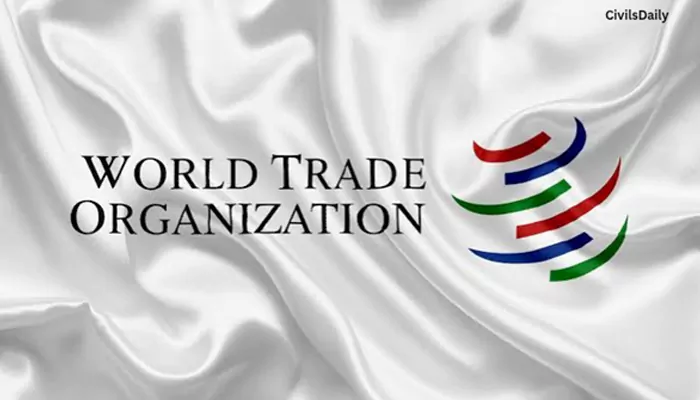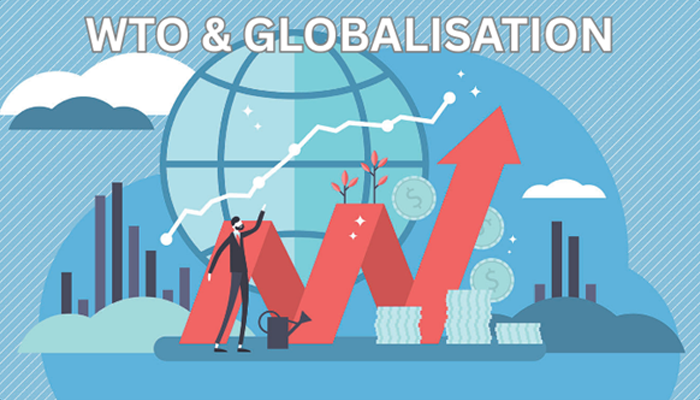Unlucky or Overhyped? How Friday the 13th Affects Financial Markets and Business Operations
- Devyani
- 1 year ago
- 4 minutes read

Often considered a day of bad luck, Friday the 13th has piqued the interest of people globally, shaping behaviours from financial decisions to travel plans. However, the question still bugs the minds of people: Are financial markets, business operations, or consumer behaviour significantly impacted by this superstitious date, or is it solely a product of pop culture hype? If we delve deeper into the subject, we find that while certain measurable effects do exist, the influence is more psychological rather than economical. Let’s explore further!
Superstition and Market Behavior
The fear of Friday the 13th, commonly known as “paraskevidekatriaphobia”, can shape investor behaviors, for we know that the market participants are not entirely unsusceptible to superstitions. Numerous studies have been conducted to explore the impact of the so-called “Friday the 13th” on stock markets, with an attempt to ascertain whether this date dovetails with market declines. A study conducted by Donald B. Keim and Robert F. Stambaugh in the 1980s revealed that, compared to other Fridays, the stock market gains on Friday the 13th were slightly lower. However, this peculiarity observed was nominal, signaling that while superstition can influence market sentiments, it is not a dominant factor.

Many latest research suggest similar findings. For instance, a study published in the American Journal of Psychology looked into the global stock indices from 1957 to 2002, reckoning that Friday the 13th had a small but statistically significant negative effect on market returns, particularly in major markets like the U.S., U.K., and Germany. However, these impacts were so often minimal that they were eclipsed by broader economic factors like geopolitical events, earnings reports, and economic data releases.
Business Decisions and Consumer Behavior
Not only does the stock market get impacted by this infamous date, but business operations and consumer behaviours are also significantly influenced. Some businesses have reported a considerable drop in activities associated with this date. For instance, many travel and airline companies experience a dip in bookings as superstitious travelers generally avoid this date. As per a study by the Stress Managemnet Center and Phobia Institute, nearly 17 to 21 million people in the US are touched by the fear of Friday the 13th, resulting in an approximately $800 to $900 million loss in business.

Nevertheless, the economic impact of Friday the 13th on business operations, the stock market, and consumer behaviours are still debated. Many sectors can leverage this date, for instance in the entertainment and horror industries, where movie releases, events, and promotions are themed around Friday the 13th. Through this, the entertainment industry capitalizes on the day’s eerie reputation, turning fear into a revenue generator.
Reality vs. Media Hype
Although a few pieces of evidence point to minimal impacts on markets and consumer behaviours, it is important to draw a line between its statistical significance and practical impact. The effects observed are often within the margin of typical daily market fluctuations and do not suggest a substantial economic shift driven by the date itself. A long-time observer of market sentiment, analyst Mark Hubert argues that any market flunk on Friday the 13th is more possibly a coincidence than a result of mass superstition.

Additionally, media coverage further escalates the significance of Friday the 13th, with frequent portrayals of widespread financial caution associated with the date. This narrative can create a self-fulfilling prophecy, where the fear of market downturns prompts investors to act cautiously, thus nudging the market in that direction. However, in an increasingly data-driven investment environment, where algorithmic trading dominates, the influence of superstitions like Friday the 13th is waning.
Although the trepidation around Friday the 13th has a measurable impact on financial markets and consumer behaviors, these effects are generally very nominal and are often obscured by broader economic conditions. The fear of Friday the 13th being an unlucky day has more to do with media amplification and human psyche rathe than actual, robust economic phenomenon.
While businesses may experience slight shifts in consumer behavior, the day is more likely to be an opportunity for creative marketing rather than a significant financial threat. In the end, the economics of fear on Friday the 13th is less about the numbers and more about the narrative we choose to believe.












